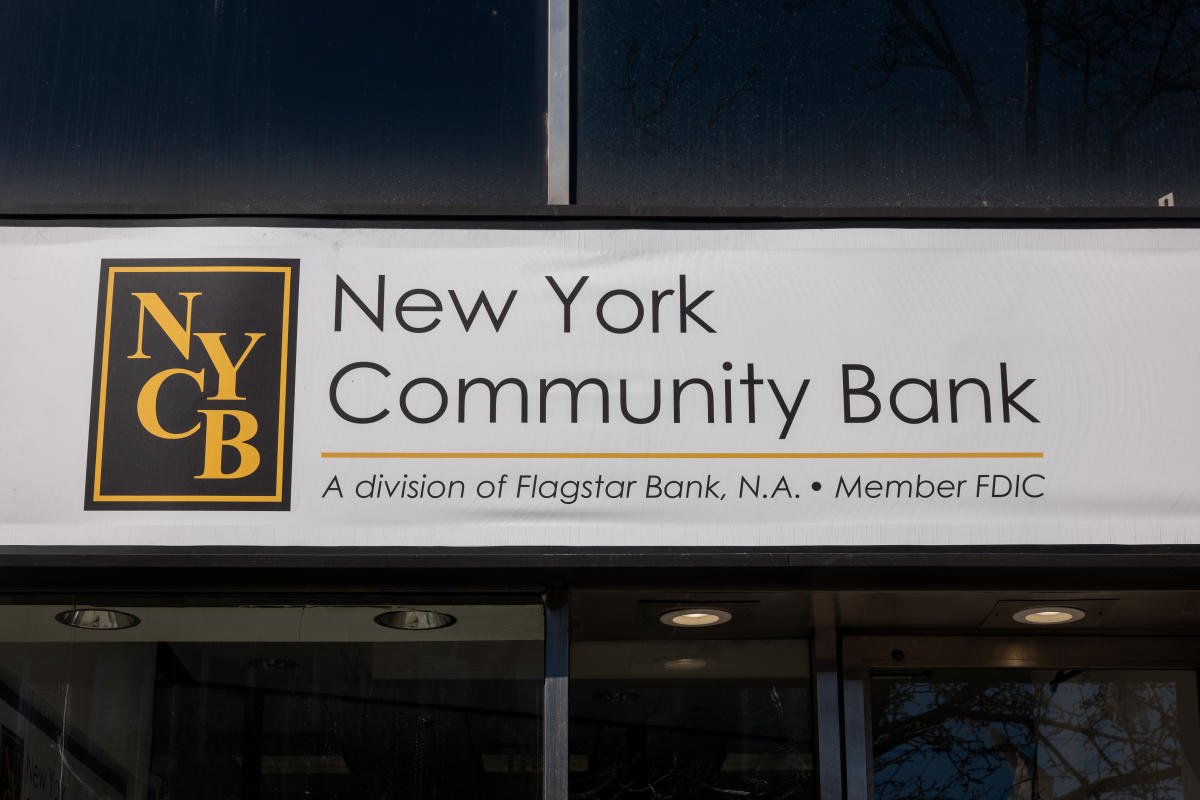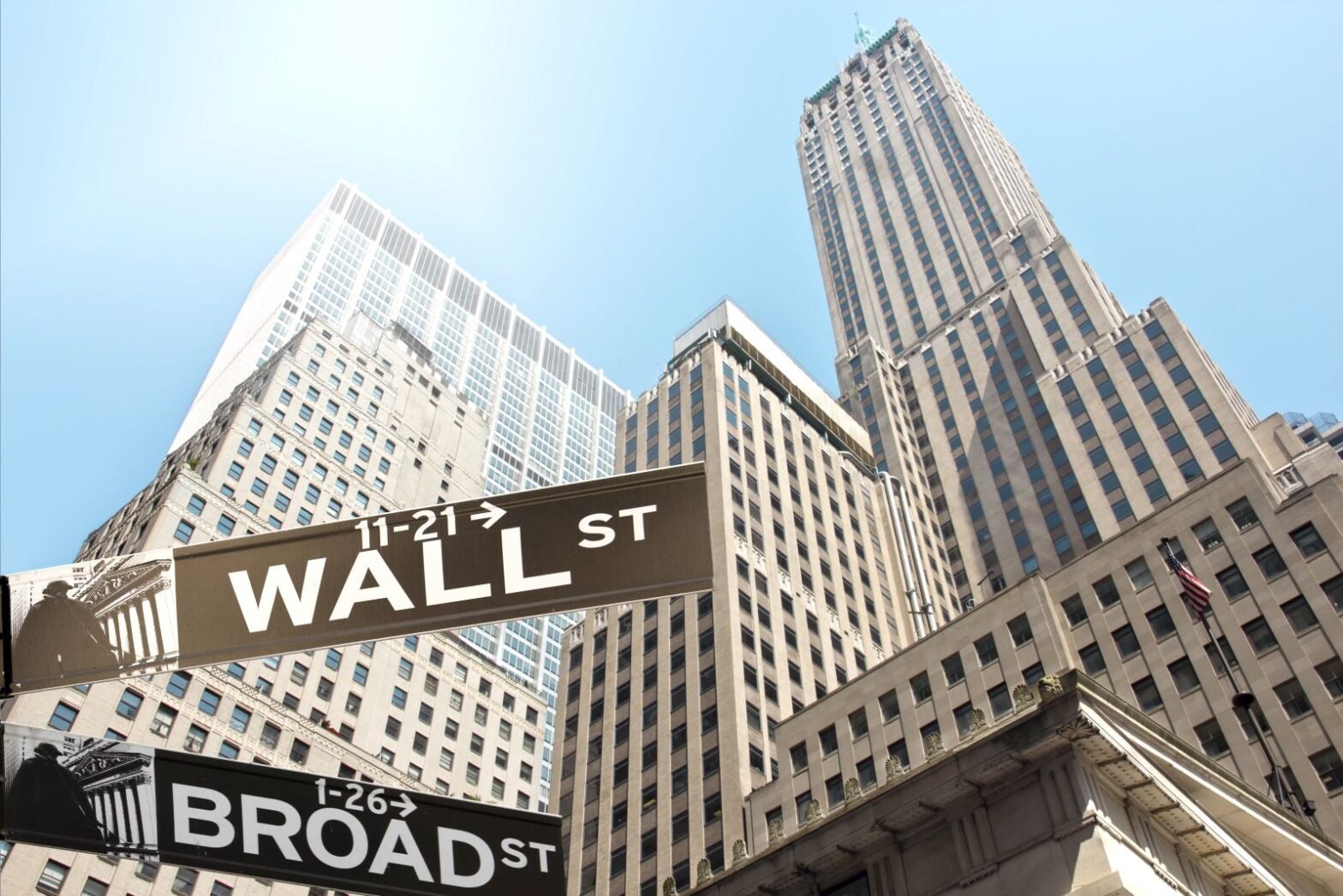The turmoil surrounding New York Community Bancorp (NYCB) intensified again on Thursday when it disclosed the exit of CEO Thomas Cangemi, weaknesses in its internal controls and a tenfold increase in its fourth-quarter loss to $2.7 billion.
The stock of the Hicksville, N.Y.-based commercial real estate lender plunged 20% in after-hours trading.
The new disclosures are the latest twist in a month-long saga roiling a lender that played the role of rescuer just a year ago during the 2023 regional banking crisis. NYCB’s stock began falling on Jan. 31 when it surprised analysts by slashing its dividend, setting aside more for loan losses and reporting a net quarterly loss of $252 million.
Now the $114 billion bank, one of the 30 largest in the US, says in a new filing that the fourth-quarter loss was amended to $2.7 billion due to a new $2.4 goodwill impairment charge.
It decided to take that charge after an assessment completed on Feb. 23 concluded that “goodwill from historical transactions (2007 and prior) was fully impaired as of December 31, 2023, as confirmed by the company’s current market capitalization,” the bank said in a filing Thursday.
The bank said separately that management “identified material weaknesses in the company’s internal controls related to internal loan review, resulting from ineffective oversight, risk assessment and monitoring activities”
It took the step of delaying the filing of its annual report so that it could “complete its work related to the evaluation and planning for remediation of the material weaknesses.”
The surprise disclosures Thursday included a significant leadership change. Cangemi, who had been with the bank for 27 years, “has stepped down” from his role, the bank said in a separate press release. He will remain on the board.
His replacement is executive chairman Alessandro DiNello, who had been acting as the bank’s boss since Feb. 6 after the board changed the bylaws so that Cangemi reported directly to DiNello.
DiNello was previously the CEO of Troy, Mich.-based Flagstar Bank, which NYCB purchased at the end of 2022. He had been serving as non-executive chair since the acquisition.
The decision to purchase Flagstar and then absorb assets from the failed Signature Bank in 2023 pushed NYCB above $100 billion in assets, a threshold that brought heightened scrutiny from regulators.
NYCB has said those tighter requirements are what led to the decision to slash its dividend and set aside more for future loan losses. It set aside $552 million, well above estimates, to account for weaknesses tied to office properties and multifamily apartments.
The problems at NYCB that started one month ago raised larger concerns about the regional banking world nearly a year after three sizable mid-sized lenders were seized by regulators following deposit runs.
There were other board changes at NYCB announced Thursday, as well. The bank said Marshall Lux, who has served as an independent director since 2022, was named presiding director, and that former presiding director Hanif “Wally” Dahya had stepped down from the board.
“While we’ve faced recent challenges, we are confident in the direction of our bank and our ability to deliver for our customers, employees and shareholders in the long-term,” DiNello said in the press release. “The changes we’re making to our Board and leadership team are reflective of a new chapter that is underway.”
David Hollerith is a senior reporter for Yahoo Finance covering banking, crypto, and other areas in finance.
Click here for in-depth analysis of the latest stock market news and events moving stock prices.
Read the latest financial and business news from Yahoo Finance















